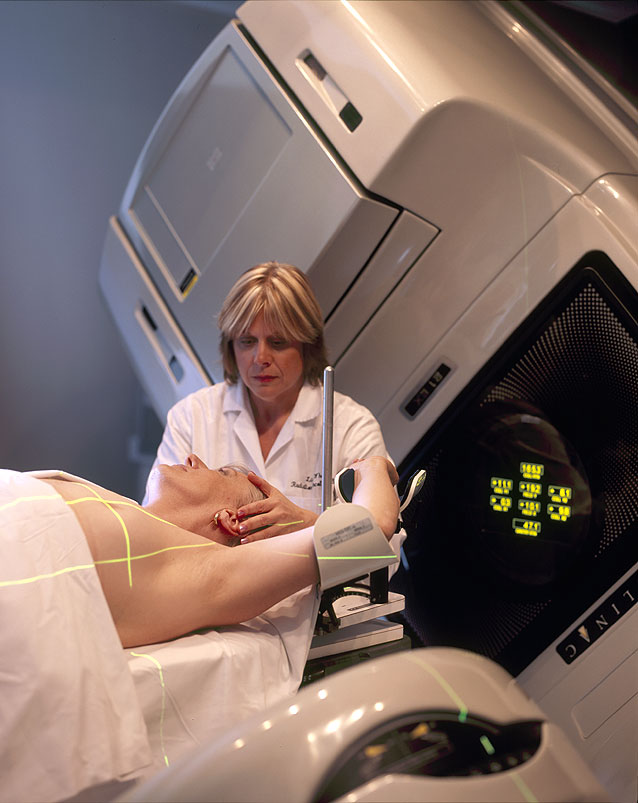News release
From:
Radiotherapy enhances skin cancer’s resistance to anti-tumor immune responses
Radiotherapy can paradoxically induce local suppression of the immune system and thus diminish anti-tumor immune responses, according to new research published this week in Nature Immunology. These findings urge caution in the use of radiotherapy for the treatment of skin tumors.
Ionizing radiation is used to eliminate tumor mass, but it can also interfere with the immune system’s anti-cancer responses. Miriam Merad and colleagues show that irradiation mobilizes cells of the immune system located in the skin, known as ‘Langerhans cells’ (LCs). Unlike other cells that die in response to ionizing radiation, LCs can resist the effects of irradiation through their enhanced ability to rapidly repair DNA damage, due in part to their higher expression of the cell cycle–inhibitor CDKN1A (p21). The authors show that mice bearing p21-deficient LCs have better anti-tumor responses than those of wild-type mice.
In a series of experiments, the researchers show that LCs take up cell debris triggered by irradiation, including tumor proteins, and migrate to draining lymph nodes. Here, LCs stimulate immunosuppressive regulatory T cells. These regulatory T cells prevent the activation of anti-tumor immune responses and thereby promote resistance among any tumor cells that survived the radiation treatment.
In an accompanying News & Views, Laurence Zitvogel and Guido Kroemer write that the results “suggest that whenever possible, irradiation of major skin areas should be avoided so that a minimum number of LCs (which are present solely in the epidermis) are mobilized for immunosuppression.”
Expert Reaction
These comments have been collated by the Science Media Centre to provide a variety of expert perspectives on this issue. Feel free to use these quotes in your stories. Views expressed are the personal opinions of the experts named. They do not represent the views of the SMC or any other organisation unless specifically stated.
Professor Grant McArthur is Associate Director of Cancer Research, Consultant Medical Oncologist, Co-Head Cancer Therapeutics Program, and Director Melanoma and Skin Service at the Peter MacCallum Cancer Centre. He is also Lorenzo Galli Chair in Melanoma and Skin Cancers at the University of Melbourne
Radiation therapy is a commonly used treatment for cancers including skin cancers.
Recent research shows that radiotherapy can increase the bodies immune response to cancer. As a result many clinical trials in cancer are underway combining Radiation therapy with new immune boosting treatments.
The work of Price and colleagues has surprisingly shown that radiation therapy may also have detrimental effects on a type of immune cell that is resident in the skin.
This opens up new possibilities for further enhancing immune responses following radiation if the detrimental effects on these cells can be overcome.
Although this research has no direct implications for patients being treated with radiotherapy for skin cancers, it does open up the opportunity to boost the bodies immune system in the future.
Radiotherapy is an established treatment for certain types of skin cancer such as basal cell and squamous cell skin cancer. It is generally used to treat older patients or people with multiple other medical conditions for whom surgery might present an unacceptable risk. It is not used to treat primary melanoma.
For well selected tumours the cure rate is high and the main limitation of radiotherapy is long term damage to the skin which manifests 10 to 15 years after the initial tumour has gone.
Radiotherapy is also used for advanced skin cancers where surgery is no longer feasible. In this situation the cure rate is sub-optimal and the paper by Price et al in Nature Immunology helps explain why this might be so. Nevertheless it is important not to throw the baby out with the bathwater and remember that radiotherapy still has an important place in the treatment of skin cancer.



 International
International


